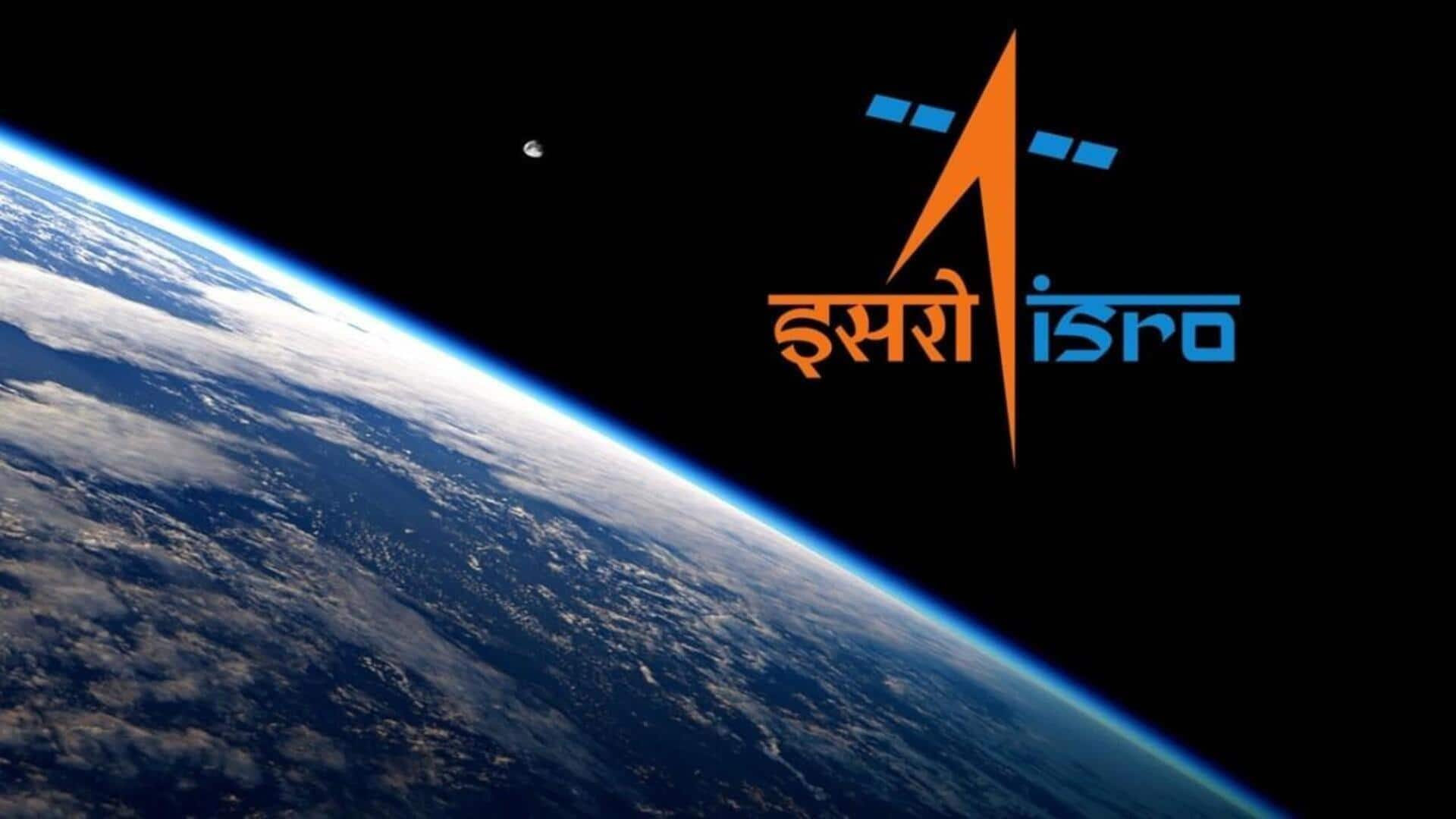
Watch: India's 1st space robotic arm by ISRO in action
What's the story
The Indian Space Research Organisation (ISRO) has showcased its first-ever space robotic arm, RRM-TD, working on the PSLV Orbital Experimental Module (POEM-4) platform. The agency has posted a short video on X, showcasing the arm's accurate movements and different stages of operation. The clip starts with a text overlay reading, "Unlocking and lifting from base position," showing the first movement of the robotic arm.
Operational capabilities
RRM-TD's complex task execution and visual control
The video further highlights the robotic arm's advanced capabilities with a message reading, "Arm manipulation with seven actuators." This shows how it can perform complex tasks. The footage then shows the arm performing a "POEM deck imaging operation" and "positioning using visual serving," a technique that uses visual data to guide the motion of a robot.
Return sequence
Space robotic arm returns to base
In the final moments of the video, we see the robotic arm returning to its base position. The text on screen reads "Locking to base position," marking the end of its operation. Throughout the sequence, RRM-TD's precise and controlled movements are clearly visible, showing how it will work in space.
Twitter Post
Take a look at the video
🇮🇳 #RRM_TD, India's first space
— ISRO (@isro) January 4, 2025robotic arm, is in action onboard #POEM4! A proud #MakeInIndia milestone in space robotics. 🚀✨ #ISRO#SpaceTechpic.twitter.com/sy3BxrtRN1
Mission details
POEM-4 mission: A significant step for ISRO
The POEM-4 mission, which is part of the PSLV-C60 SpaDeX mission, employs the PSLV's fourth stage to establish a unique platform for scientific experiments. This platform allows scientists to perform microgravity experiments in space for as long as three months. Such tests are critical in developing new technologies for future space missions.
Biological research
Biological experiments in space
The POEM-4 mission is especially interesting because it has taken biological experiments to space, something that has never been done by an Indian-made rocket. ISRO is performing three biological experiments with living cells, a difficult job considering the extreme conditions of space. To keep these organisms alive, special life support systems in small containers are needed and data has to be collected remotely.
Recent announcements
ISRO's all-girl Moon mission scheduled for September 2026
In related news, ISRO has gathered around 12,000 talented girls from 108 countries for Mission ShakthiSAT, an all-girl mission to lunar orbit set to launch in September 2026, aboard ISRO's PSLV rocket. Participating countries include Botswana, Greece, Costa Rica, UAE, and Cameroon. The formal mission reveal will take place on January 16 or 22. Based on performance, 108 girls—one from each country—will be selected to visit Chennai between October and December to familiarize themselves with the mission.